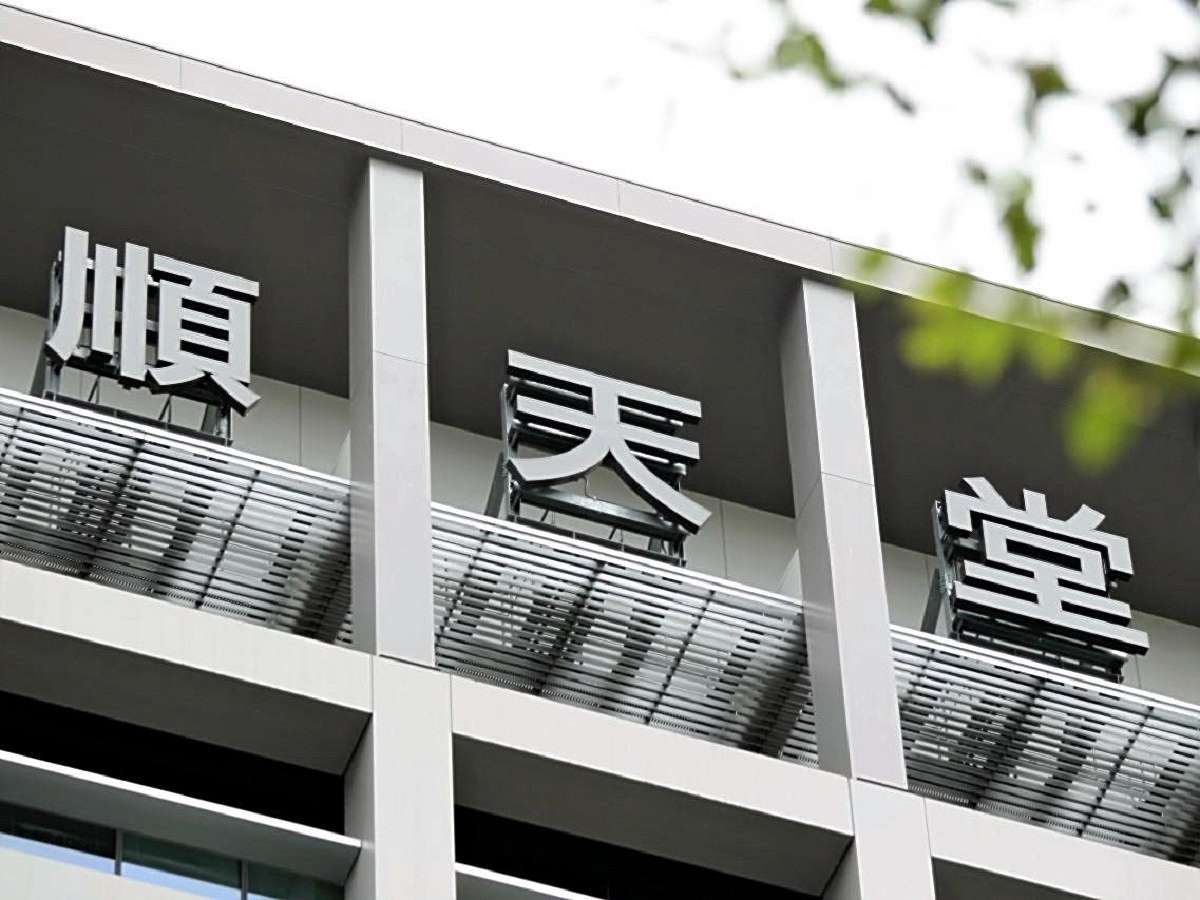
Juntendo University in Bunkyo Ward, Tokyo
15:05 JST, October 21, 2024
The gut bacteria of healthy people are set to be transplanted into the large intestines of people with Parkinson’s for the first time in Japan, as part of a clinical trial led by a professor at Juntendo University.
The team behind the trial plans to start transplants as soon as the end of this year.
According to reports, medicine to treat Parkinson’s can be either more or less effective depending one’s gut microbiome. The team is hoping to shed some light on the illness and improve the effectiveness of treatments.
Parkinson’s is an intractable disease caused by a reduction in nerve cells that release dopamine, a neurotransmitter that sends signals inside the brain. Symptoms of the disease include tremors and impaired balance.
Currently, those with the disease can take a medicine that turns into dopamine in the brain, but effectiveness differs by patient. The effectiveness also declines when the medicine is taken for a long time.
The team, led by Prof. Nobutaka Hattori of Juntendo University, an expert in neurology, has focused on the tendency for people with Parkinson’s to have less diverse gut flora compared to healthy people.
The team began the clinical study in September and is now selecting 30 patients ages 40 to 75 who are at a stage of the disease in which their symptoms are deteriorating.
According to the research plan, patients will have their gut microbiome reset with antibacterial drugs, and liquid solutions of gut bacteria extracted from the stools of healthy people will be transplanted into the patients using a colonoscope.
The patients will continue to take their medicine, and the effect on their mobility will be examined about eight weeks later.
There are estimated to be about 290,000 people with Parkinson’s in Japan, and many developed the disease when they were age 50 to 65.
Medical researchers believe the disease is caused by an accumulation of abnormal proteins in nerve cells, but the exact mechanism by which this occurs is unknown.
“There is a real possibility that changes in the gut microbiome will help treat Parkinson’s,” said Prof. Ryosuke Takahashi of Kyoto University, an expert in neurology. “I’m also hopeful they will help elucidate the mechanism behind the disease.”
Top Articles in Science & Nature
-

Japan Institute to Use Domestic Commercial Optical Lattice Clock to Set Japan Standard Time
-

Japan to Face Shortfall of 3.39 Million Workers in AI, Robotics in 2040; Clerical Workers Seen to Be in Surplus
-

Record 700 Startups to Gather at SusHi Tech Tokyo in April; Event Will Center on Themes Like Artificial Intelligence and Robotics
-

iPS Treatments Pass Key Milestone, but Broader Applications Far from Guaranteed
-

iPS Cell Products for Parkinson’s, Heart Disease OK’d for Commercialization by Japan Health Ministry Panel
JN ACCESS RANKING
-

Japan PM Takaichi’s Cabinet Resigns en Masse
-

Japan Institute to Use Domestic Commercial Optical Lattice Clock to Set Japan Standard Time
-

Israeli Ambassador to Japan Speaks about Japan’s Role in the Reconstruction of Gaza
-

Man Infected with Measles Reportedly Dined at Restaurant in Tokyo Station
-

Videos Plagiarized, Reposted with False Subtitles Claiming ‘Ryukyu Belongs to China’; Anti-China False Information Also Posted in Japan























